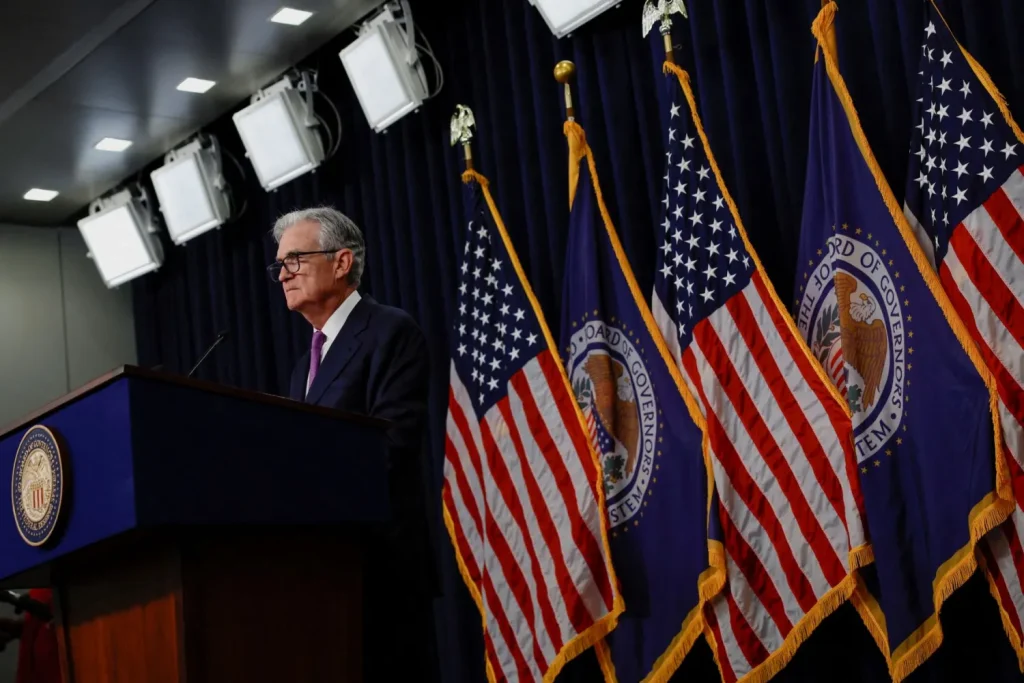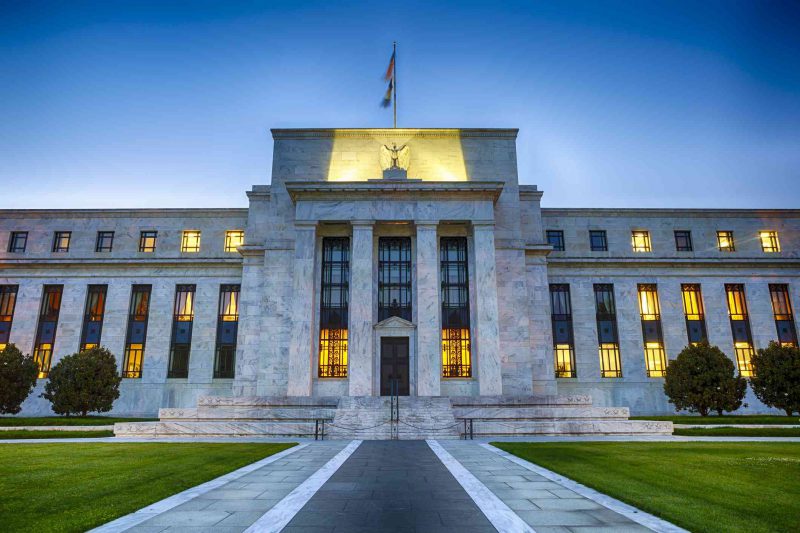Amid the growing prevalence of digital assets in the mainstream, the sector has become an increasingly important talking point. In what is bound to be a massive political point of contention in 2024, one official has made his stance clear. Indeed, a Federal Reserve Governor has spoken out against banks “holding large amounts of crypto ETFs.”
Speaking at a conference in the Bahamas today, Christopher Waller discussed not wanting banks to maintain large holdings of crypto ETFs. Conversely, the statement arrived as Fed Chair Jerome Powell recently called for Stablecoin legislation.
Also Read: Federal Reserve Keeps Interest Rates Unchanged to Start 2024
Federal Reserve Governor Doesn’t Want Large Crypto ETF Holdings From Banks
At the start of 2024, the digital asset market saw a landmark decision to kick off the new year. Indeed, the US Securities and Exchange Commission (SEC) greenlit 11 Spot Bitcoin ETFs. Subsequently, that approval set the stage for what should be a year of gains for the asset.
However, it also pushed Bitcoin and cryptocurrencies deeper into the mainstream limelight. Secondly, the asset class has become a political talking point heading into a crucial election year. Amid that, Federal Reserve Governor Christopher Waller spoke out against banks banks holding large amounts of Crypto ETFs.

Also Read: Bitcoin ETFs Soar as Investors Flood Market, BTC Hits $51K
Specifically, Waller said that he doesn’t “want banks holding large amounts of crypto ETFs,” when speaking at a conference in the Bahamas today. A member of the Federal REserve since 2020, Waller is not the only Central Bank Official making his opinion on the digital asset sector heard.
Earlier this week, Jerome Powell called on House Democrats to develop a legislative framework for stablecoins. Subsequently, both sides of the political aisle are beginning to introduce their perspectives on the market and its role in US economics. This year should bring about continued legislative options regarding how to best approach its regulation going forward.





